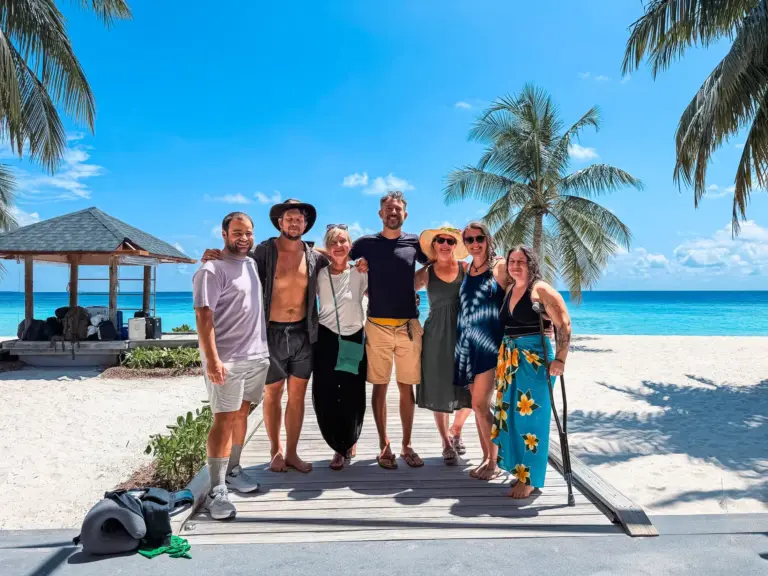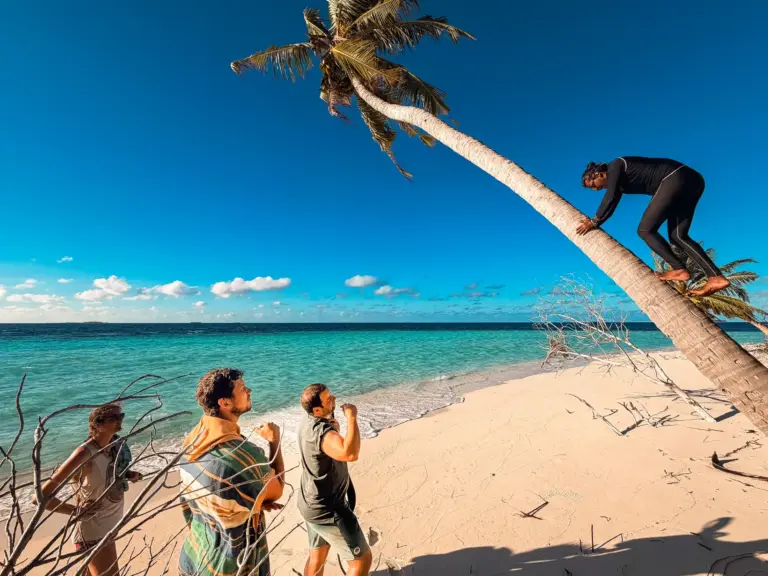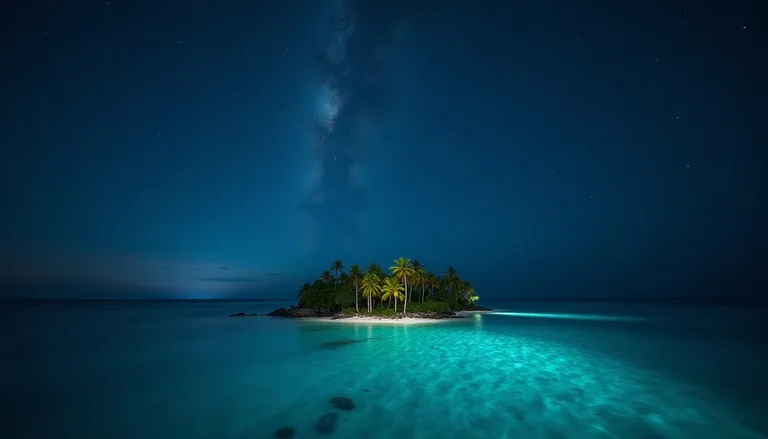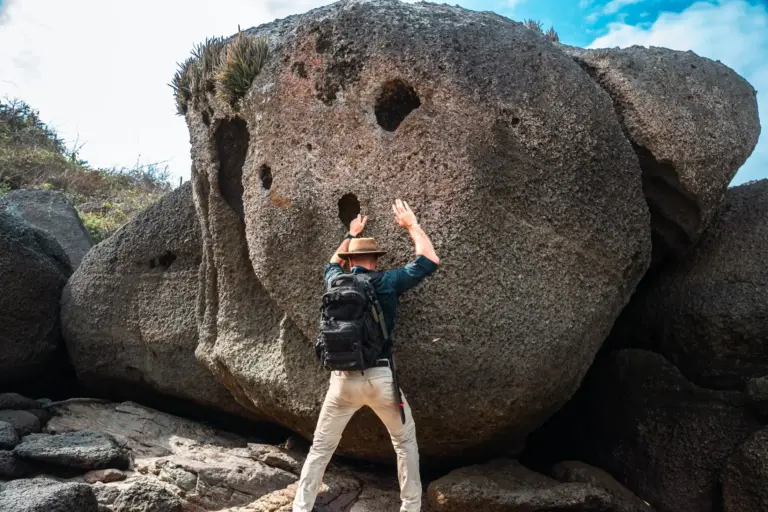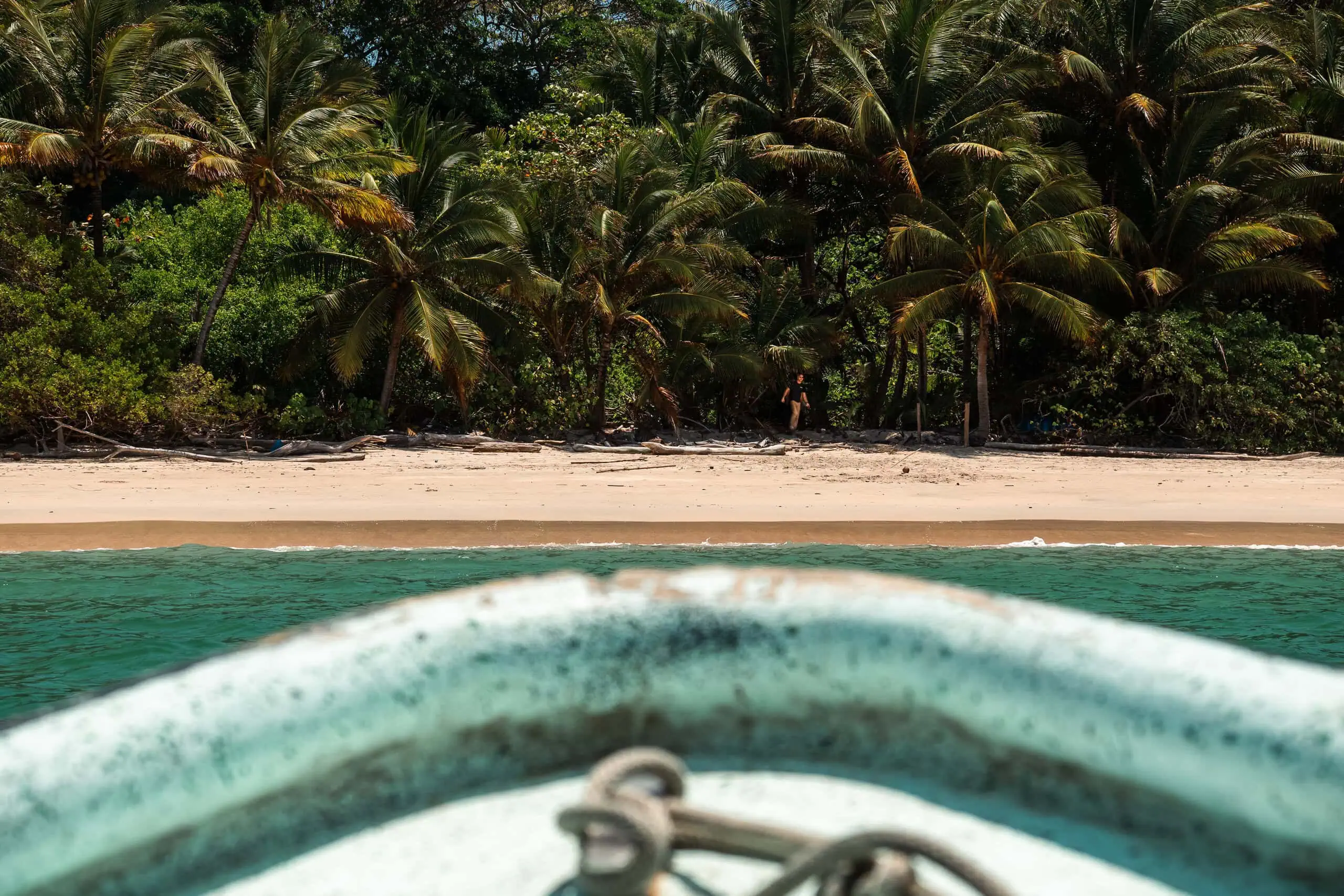
How to Go Wild Without Wrecking the Wild: Our Low-Impact Promise
Survival doesn’t leave a lasting mark on the island, but it can leave a mark on you.
We believe in the power of nature to change lives. But we also know nature doesn’t exist for our benefit alone,it’s something we must protect, preserve, and tread through gently. That’s why we’ve built every adventure on one guiding principle: you can go deep into the wild without leaving a trace.
Yes, some of our journeys involve long-haul flights. That’s a reality we don’t shy away from. But what happens after you land,that’s where the difference is made.
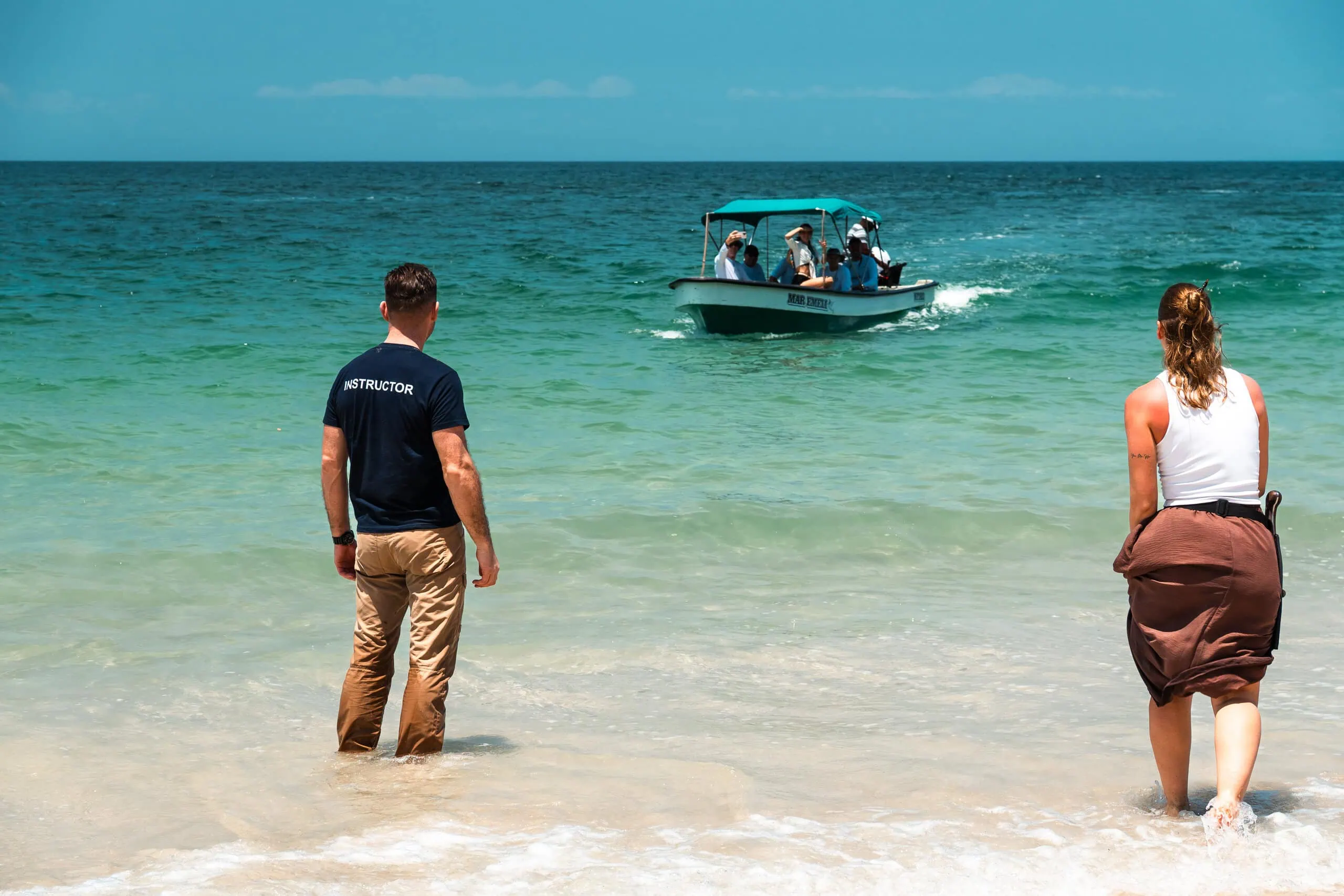
Acknowledging the Paradox: The Long-Haul Dilemma
We get it. Flying to a remote island feels at odds with living sustainably. It’s a conversation we’ve had many times, and one we welcome.
So here it is: our trips do have a carbon footprint. And we’re not pretending otherwise.
But what happens after that flight,the way you live, learn, and move on the island,has the power to shift everything.
Your perspective.
Your consumption habits.
Your relationship with nature and community.
When you carry your water, build your own shelter, live without electricity or plastic, and sleep under the stars,you don’t just experience nature. You understand the importance of it.
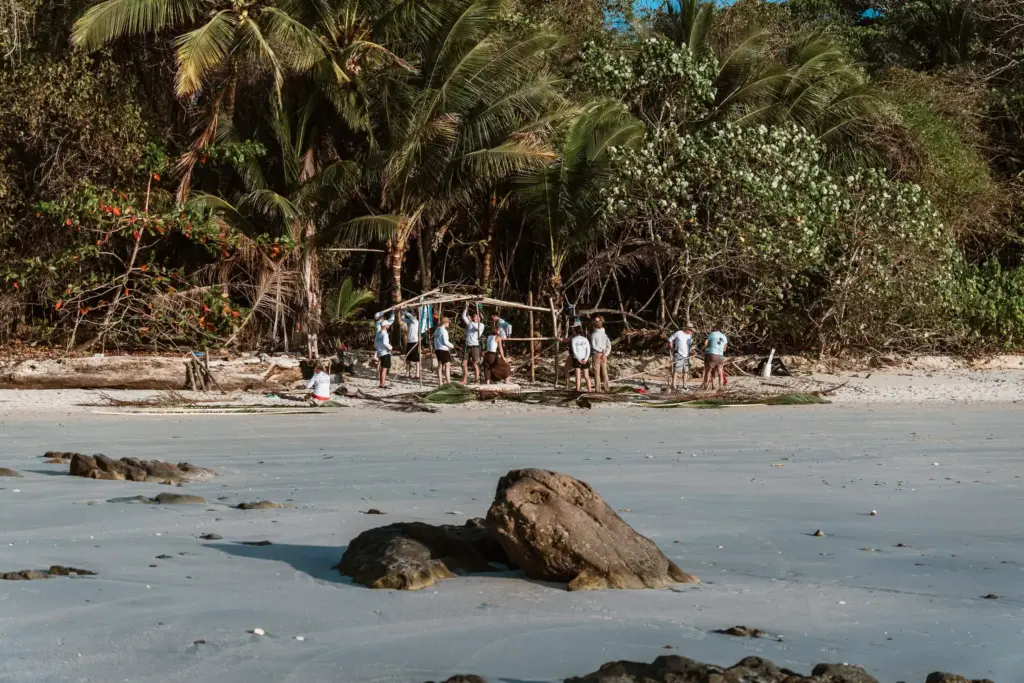
And often, that one week away from convenience and comfort plants the seed for a lifetime of more conscious choices. People return from the wild with less need for stuff, more reverence for resources, and a fierce commitment to tread lighter going forward.
In that way, the carbon cost becomes not the end of the story,but the beginning of a bigger one.
Why We Chose Low-Impact Survival Travel
When Desert Island Survival first started, we just wanted to create something different. A raw adventure that stripped life back to the essentials. But pretty quickly, we saw something deeper happening.
People weren’t just having a good time. They were changing. The simplicity. The self-reliance. The forced presence. It all began to reframe the way they lived, long after the trip ended.
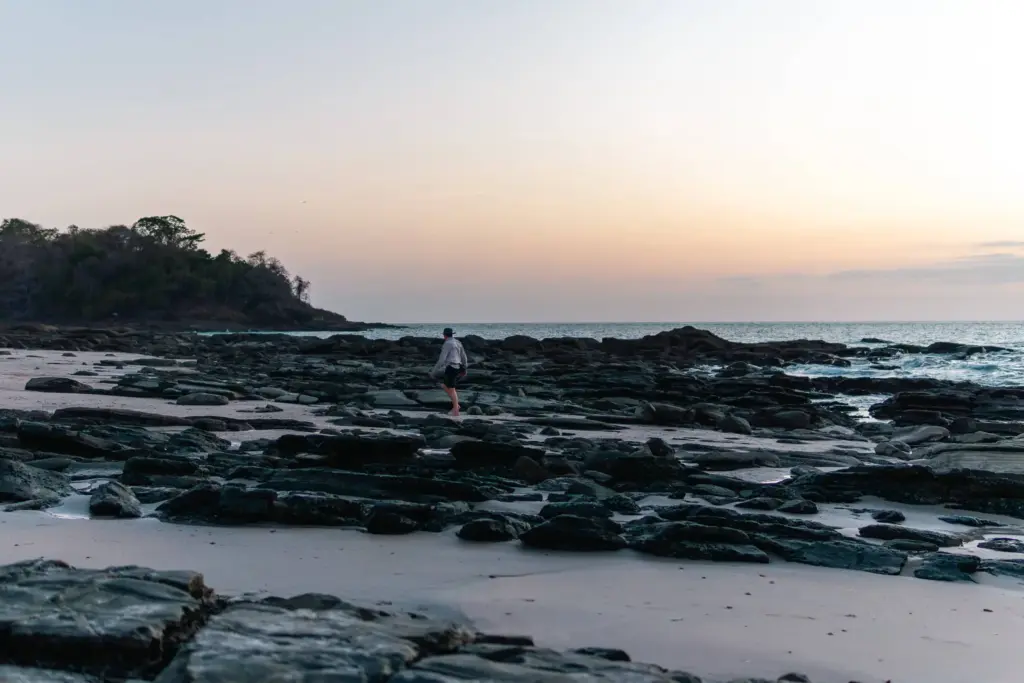
They returned home with more clarity about what mattered, and a surprising respect for every drop of water and scrap of food they once took for granted.
And that’s when it clicked for us: this isn’t just a fun challenge. It’s a tool for real, personal and environmental awareness.
What Low-Impact Looks Like
Small Groups
We keep our group sizes intentionally small. Not just for intimacy, but to reduce the footprint. Less noise. Less waste. Less stress on wildlife and ecosystems. It also means our instructors can give more time to each participant,teaching skills, observing impact, and ensuring everyone leaves better than they arrived.
No Permanent Structures
Our philosophy is simple: if it wasn’t there when we arrived, it won’t be there when we leave. We sleep in hammocks or shelters made from natural or biodegradable materials,or sometimes, none at all. The island returns to silence and starlight the moment we’re gone.
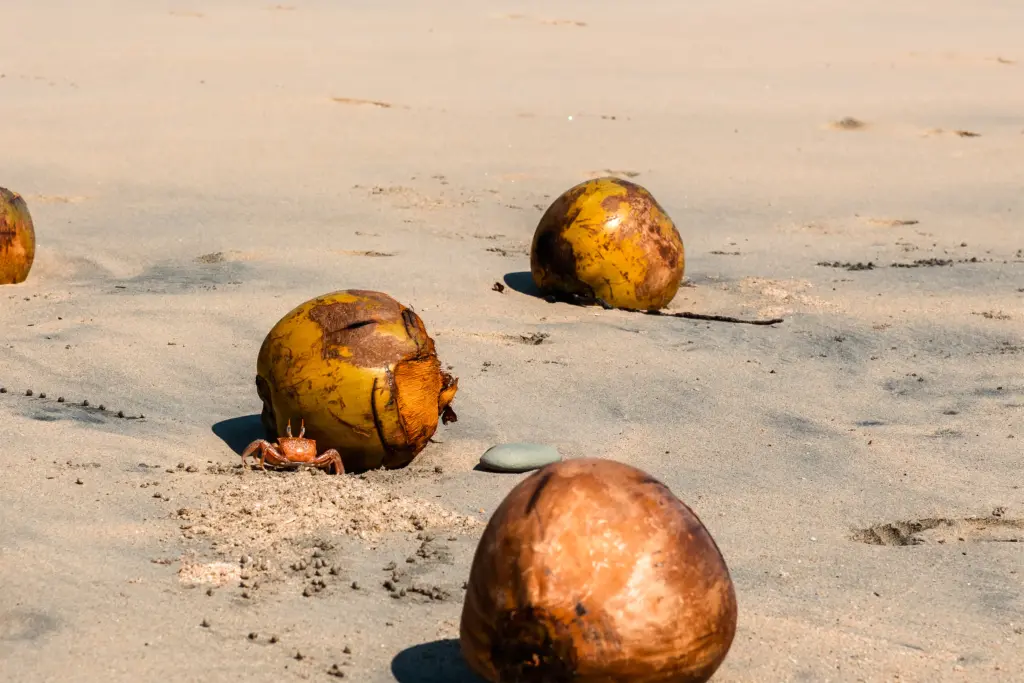
Leave No Trace Principles
Every guest is trained in Leave No Trace from day one. Not as a checklist,but as a mindset. From where you walk and wash, to how you cook and clean, we teach you to move lightly, attentively, and respectfully.
These principles shape every decision we make,from the gear we use to the spots we camp on.
Resource Light, Ethically Taught
It’s all about low-impact, low-tech, and high-awareness.
No Running Water or Electricity
There are no taps, no switches, no “on” buttons. We bring refillable water containers (just to be sure), and when possible collect rainwater. We cook over open flames. We use solar lights and headlamps only when absolutely necessary. Electricity’s only been part of our lives for a hundred years or so, but we are so used to it. Go a few days without it, and you start to realise just how precious energy really is.
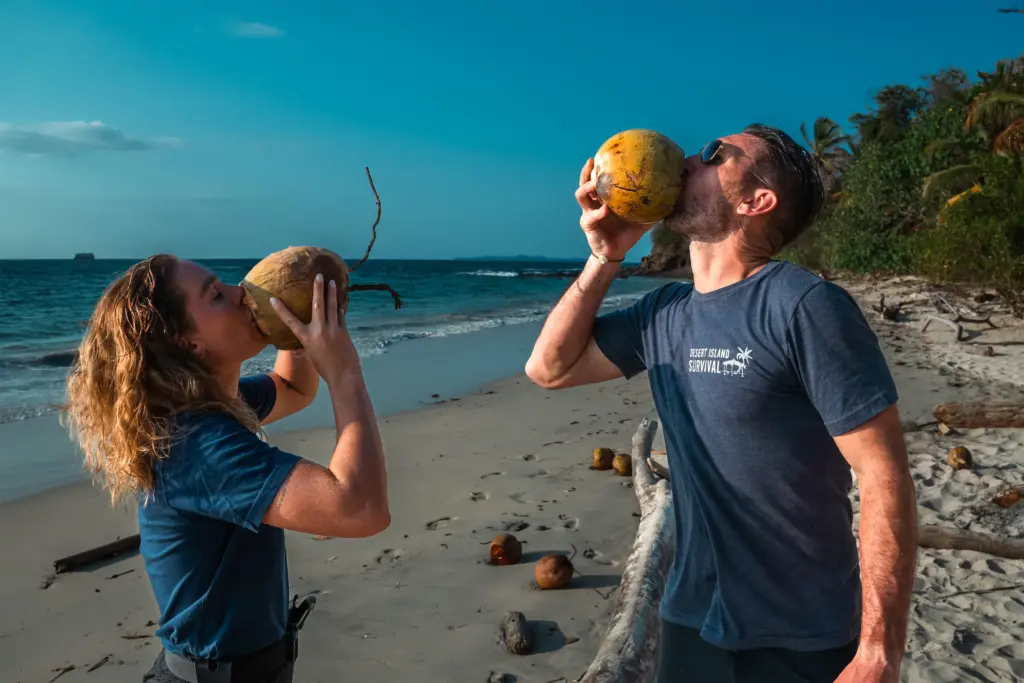
No Fuel Generators
Everything is human-powered,by you or your team. Cooking, boiling water, carrying gear. When you use your own body to do what a machine normally would, you start to think differently about effort, energy, and consumption.
It’s slower. It’s harder. But it’s better. And it stays with you.
Wild Camping Ethics
We don’t just practice minimalism,we teach it. Our instructors guide every participant in how to engage with the land respectfully: how to correctly extinguish a camp fire and remove all trace, we will ha eno coal citcles here thank you very much. and sustainably protect delicate ecosystems.
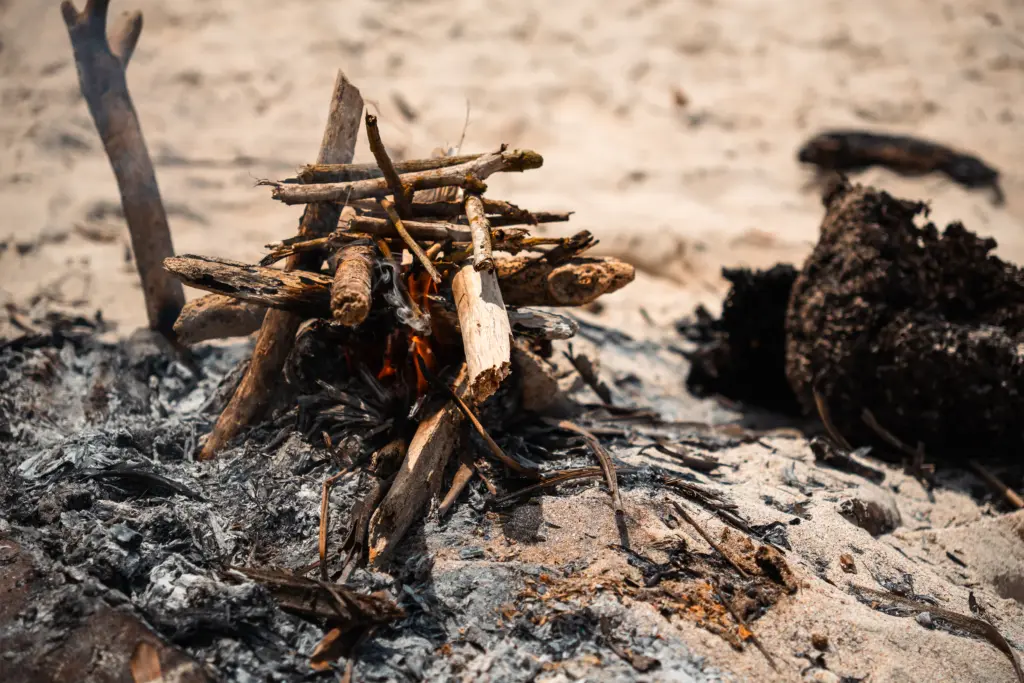
Waste Pack-Out & Plastic-Free Mission
What comes in with us, leaves with us and we always ensure to leve with more, taking a speedboat of plastic waste from the island each expedition. It’s not always convenient. But that’s the point.
Local Collaboration
Every location we operate in, is approached with care, humility, and respect.
We collaborate with local guides, families, and craftspeople. We source materials locally where possible, and we ensure that income from our trips flows directly into the communities that host us.
This isn’t about “giving back” in a token way. It’s about building relationships. Shared skills. Mutual respect. Cultural exchange.
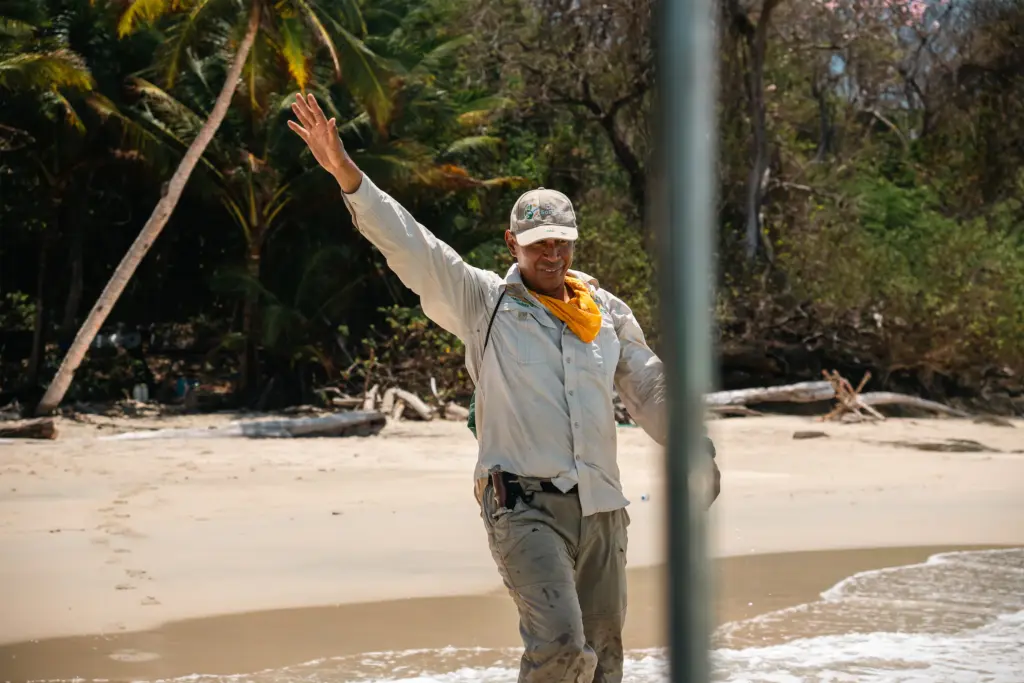
Carbon Awareness, Not Denial
We know travel has a carbon cost. To say otherwise would be dishonest,and that’s not how we operate.
We don’t currently offer formal carbon offsetting schemes,but we’re deeply aware of the environmental cost of flying and of global travel more broadly. And we’re actively exploring how we can give back in a way that feels aligned with our values and mission.
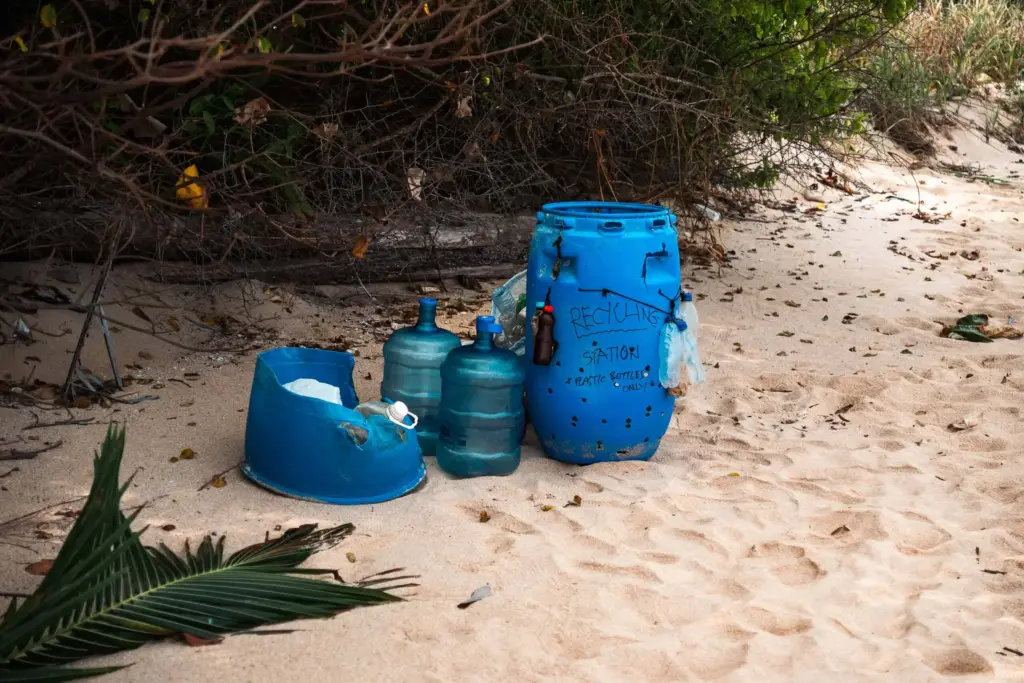
We’re currently researching and considering:
- Mangrove reforestation – Mangroves are some of the most powerful carbon sinks on the planet, and vital to protecting coastlines, supporting marine biodiversity, and filtering local water systems. We’re in the early stages of identifying grassroots projects in the regions we operate,projects we can support directly and meaningfully.
- Rat eradication and island restoration – Invasive rats pose a significant threat to native island species, particularly birds and turtles. We’re exploring opportunities to support or co-fund targeted eradication efforts on select islands where we operate or plan to in the future,helping protect fragile ecosystems and allow native life to thrive again.
Why We Think It’s Worth It
For one, it’s an incredible trip.
An adventure in the truest sense.
You’ll swim in open water, sleep under the stars, and learn skills that have kept humans alive for thousands of years. You’ll push your limits, discover your resilience, build long-lasting friendships (trust us, we’ve seen it) and probably laugh harder than you have in years.
AND
Many of our guests return more conscious. More resource-aware. More connected to the earth and the communities around them. They shop differently. Eat differently. Think differently. That’s why we do this.
Because if one wild week can spark a lifetime of more mindful choices, then yes, the trip is absolutely worth it.
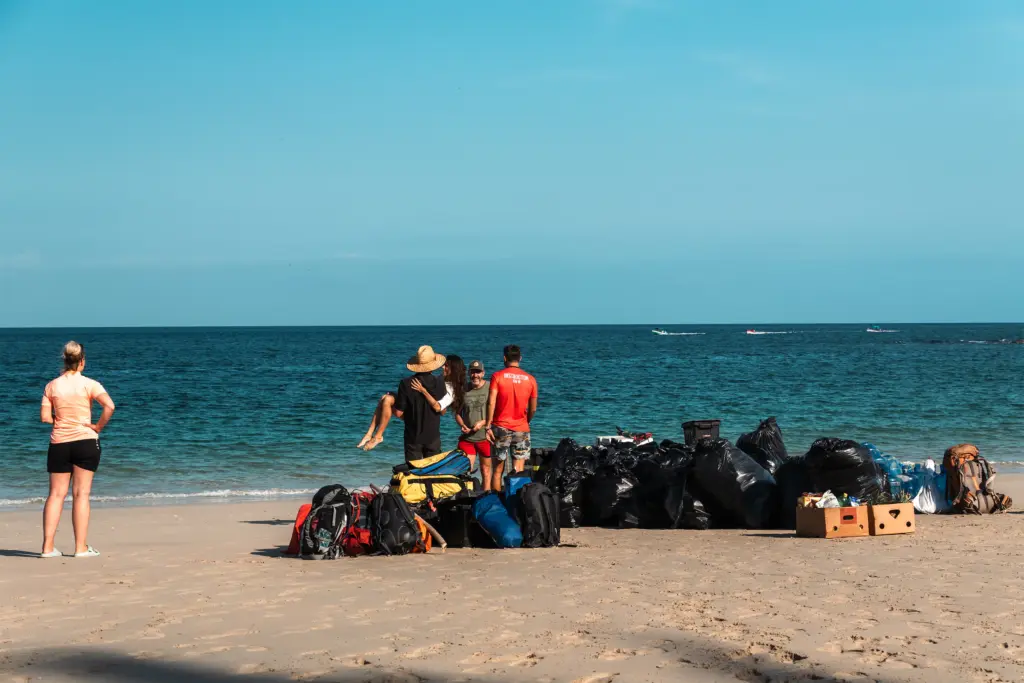
Not sure which adventure to join?
Answer a few quick questions and we’ll send you a personalised recommendation.


